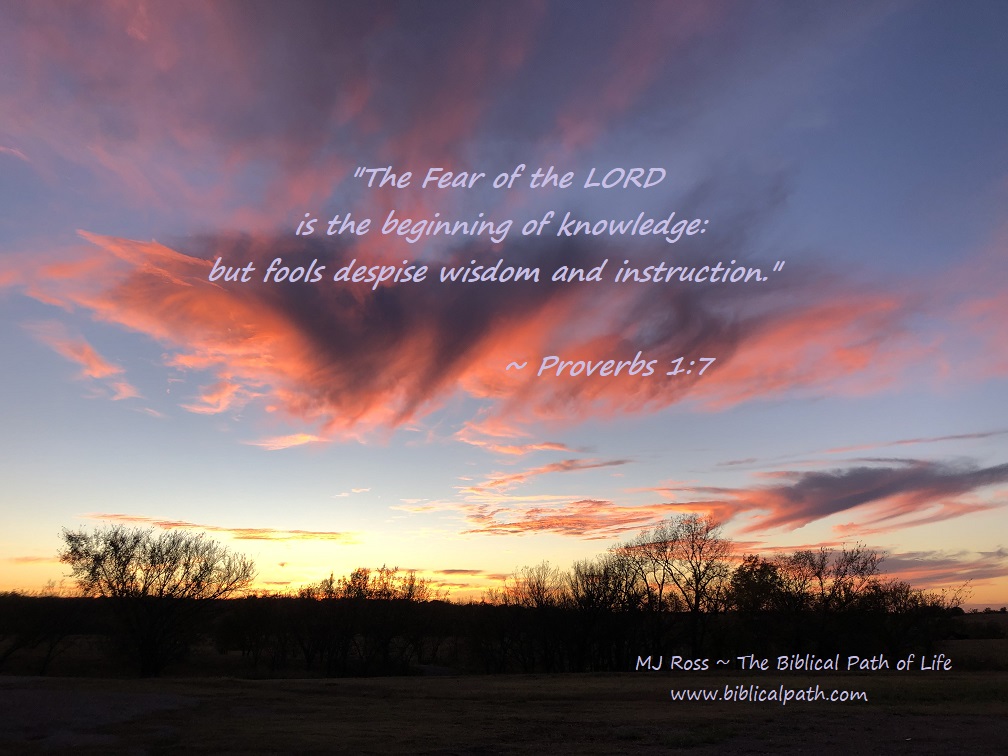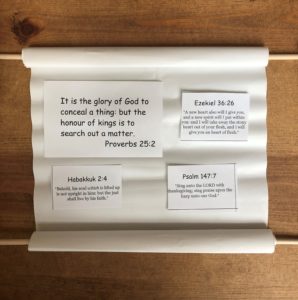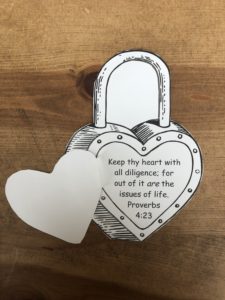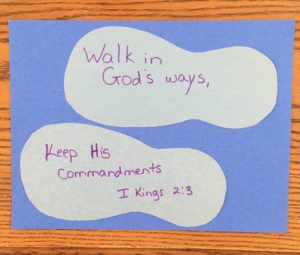
Proverbs 1:7
Wisdom is the major theme of the book of Proverbs and King Solomon wrote much of it. If you remember, shortly after Solomon became king, God came to him in a dream. “In Gibeon the LORD appeared to Solomon in a dream by night: and God said, Ask what I shall give thee” (I Kings 3:5). Solomon understood the great things God had done for his father, King David, because he had followed after God. See what King Solomon asked of God: “Give therefore thy servant an understanding heart to judge thy people, that I may discern between good and bad: for who is able to judge this thy so great a people?” (1 Kings 3:9). This pleased God. Because King Solomon asked for such a good thing (discernment that comes from wisdom), God gave King Solomon great wisdom. He also blessed King Solomon with great wealth and fame.
The book of Proverbs deals with much of this great wisdom from God. We understand this from the first verses of the book of Proverbs: “1. The proverbs of Solomon the son of David, king of Israel; 2. To know wisdom and instruction; to perceive the words of understanding; 3. To receive the instruction of wisdom, justice, and judgment, and equity” (Proverbs 1:1-3). Read how a wise man is described. “A wise man will hear, and will increase learning; and a man of understanding shall attain unto wise counsels” (Proverbs 1:5).
The key verse to understanding the book of Proverbs is Proverbs 1:7 “The fear of the LORD is the beginning of knowledge: but fools despise wisdom and instruction.” Solomon wrote much of this book with his only son on his heart and mind. He wanted his son, Rehoboam, to understand the importance of wisdom, and the first thing he had to know and understand was the fear of the Lord. Fear is not what most people think it is. Fear is not necessarily being afraid of the Lord, but it is acknowledging just who He is and who we are in comparison to Him (a reverence of God). Once one has the correct fear of God (understanding who he is), then one can begin to obtain wisdom that leads to understanding what He expects of His people
Wisdom is more than having knowledge. Wisdom is the discernment in understanding how to use that knowledge correctly; choosing right over wrong; discern between what is true and false; being discreet in the application of knowledge. King Solomon wanted his son to acquire wisdom to help him understand how to make right decisions in his activities of daily life. Solomon did not want his son to be a fool and despise wisdom and instruction. However, in order for Rehobom to acquire the right wisdom, King Solomon said he had to hear his instruction from God’s Word. (This is understood even better as the book of Proverbs is read.) Solomon wanted his son to understand that it all began with a right relationship with God. If one doesn’t have that, one cannot obtain wisdom from God. One is to understand (from God’s point of view found in His Word) what the right thing to do in a situation is. Christians who obtain the wisdom found in God’s Word will have the ability to face life understanding what God wants them to do in order to live a life pleasing to Him.
Have you chosen to be a fool, despising God’s wisdom and instruction?
Or have you chosen the wisdom of God?









